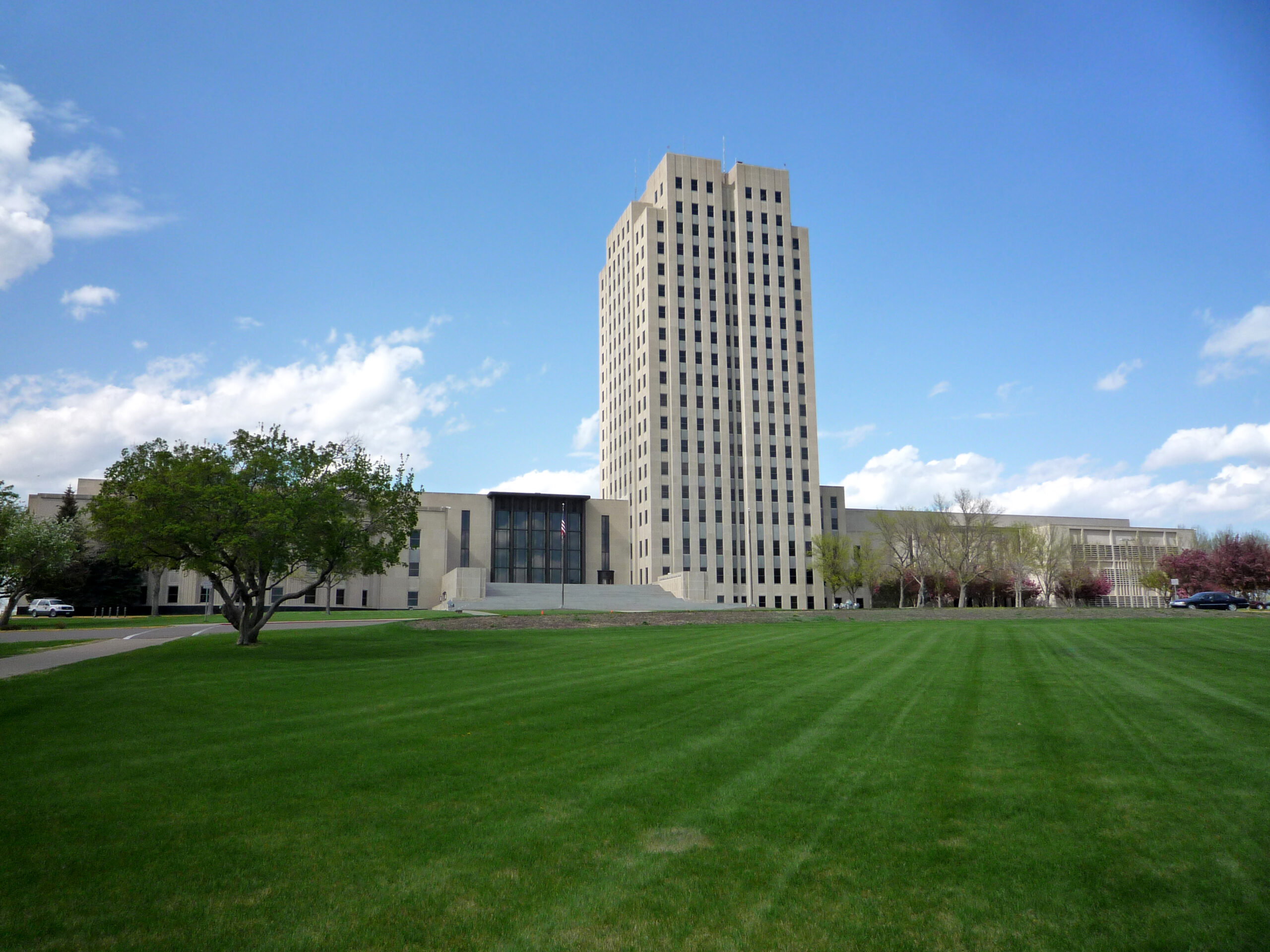ND session decides on redistricting and federal funds
With the release of the 2020 census, the North Dakota Legislative Assembly held its special session Nov. 8-12. During the session, lawmakers appropriated federal Coronavirus relief funding. They also decided on redistricting for legislative districts. At the special session they discussed North Dakota funding, critical race theory in schools, redistricting and vaccine mandates.
As a result of the 2020 census, North Dakota lawmakers were federally required to complete redistricting state wide. This reorganization of the legislative districts depends on population. After this census, each district was created based on 16,576 people per district. The Redistricting Committee was able to vary 5% above and below this number to form districts.
As a result of redistricting, current legislators may be assigned to a new districts. The census showed the movement of North Dakota citizens to urban areas. The redistricting then made rural districts larger, accounting for the population shifts. This also resulted in more districts being formed in urban areas.
This legislative session also introduced the idea of split districts, which divides one district into two sub-districts. Two districts were split in order to give Native American communities more representation in the North Dakota Legislature. Due to the split districts, the Native American population will have someone to represent them specifically from that district, said Sen. Joan Heckaman, North Dakota Legislator from District 23.
The split districts affected Three-Affiliated and the Turtle Mountain Band of Chippewa. “You’d have to have almost 8,000 residents to make a sub-district,” said Heckaman, which makes these areas eligible.
Due to the redistricting, “There will be a lot of reorganization taking place,” said Heckaman. Lawmakers may represent a different population. Sen. Heckaman stated that it is important to know who you are voting for. “You want to make sure you have people that represent the interests of your campus, but also the interest of the students [and that they are] making sure you have a voice when those legislators are elected,” said Heckaman.
The legislative session also appropriated the federal Coronavirus releif funding. North Dakota was given over $4 billion and appropriated approximetly $3.3 billion in the 2021 legislative session. Of the $1.007 billion left, the Legislature appropriated $944 million in the special session. This will leave $63 million available during the 2023 legislative session.
“The $1.1 billion in federal Coronavirus funds the state received in June represents the single-largest deposit into the state treasury in history,” according to the Bismarck Tribune.
The major industries that were given appropriations during the November special session were higher education, water infrastructure, natural gas pipeline infrastructure, broadband and career centers. The largest single spending item was the $150 million for natural gas infrastructure in the state’s oil patch to bring more natural gas to eastern North Dakota, which was pushed by Gov. Doug Burgum, according to the Bismarck Tribune.
North Dakota also appropriated money to North Dakota State University, to go towards high speed computing. The only item NDSU got was $1.6 million for high speed computing, said Sen. Ronald Sorvaag, North Dakota legislator from District 45. NDSU Agriculture and Extension received over $8 million for research extension center projects.
“Money has to be spent by the end of 2026,” said Sorvaag.
The money could have been saved and appropriated in 2023. However, according to the Bismarck Tribune, some lawmakers and Gov. Doug Burgum pushed to spend the money quickly to address pressing needs and to avoid inflation and rising construction costs for infrastructure projects.
